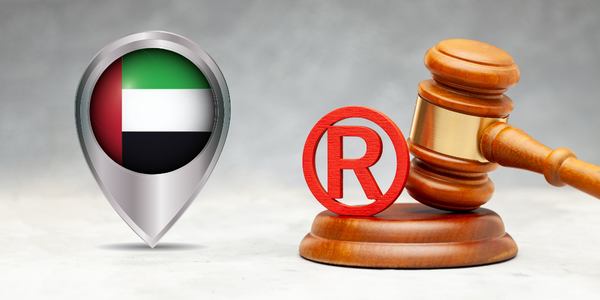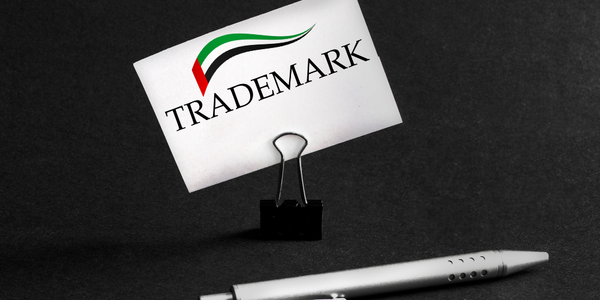How AI and Social Media Are Shaping UAE E-Commerce in 2025

E-commerce in the UAE does not look the same as it did even a few years ago. The way people shop, discover, and buy has shifted. The drivers of this change are two forces that rarely sit still: AI and social media.
Together, they are reshaping not just what people buy, but how they decide to buy. Right now, the UAE is a unique testing ground for this shift. It has one of the most connected populations in the world.
It has a government that invests heavily in digital transformation. And it has consumers who are quick to experiment with new technologies. All of this creates fertile ground for change.
So, what does shopping look like in 2025? And where is it headed? Let's explore this in detail!
Shoppers on the Move
The UAE is a mobile-first market. Shoppers are more likely to explore products on their phones than on desktops. Apps are central to daily life.
The expectation now is clear. By 2030, most consumers in the UAE are expected to shop primarily through social media. Websites will play a smaller role. The discovery and purchase journey is increasingly contained within a single scroll.
It is fast. It is seamless. And it reflects how people live: on their phones, on the move, and online.
When Social Becomes the Store
The numbers tell the story. According to reports, 8 out of 10 UAE online shoppers have already made purchases directly through social platforms. Facebook, Instagram, TikTok.
And the shift goes further. Shoppers now complete the entire purchase inside the app. Most in the UAE prefer this in-app process. A click on a product video often leads straight to an order.
This is why brands cannot treat social media as only a marketing channel. It is a marketplace. One where attention, engagement, and sales happen at once.
AI as the Invisible Assistant
AI has moved from being a buzzword to being an everyday tool. And UAE consumers are ready for it.
DHL’s E-Commerce Trends Report 2025 suggests that around 9 out of 10 shoppers now expect AI-powered features such as virtual try-ons, voice search, and smart recommendations. These tools reduce hesitation and speed up decisions.
Voice commerce, once a novelty, is now slowly becoming mainstream. In fact, some UAE consumers are now buying something using voice commands. That is a sign of how fast behaviors can shift when technology feels natural.
AI in this context is not replacing the human touch. It is acting as a silent assistant. One that remembers preferences, predicts needs, and guides choices.
Personalization Without Borders
If there is one thing UAE shoppers demand, it is relevance. They want content, offers, and products tailored to them. Not to everyone.
AI is making this possible. By analyzing patterns such as what people search, what they save, and how they respond, brands can deliver experiences that feel one-to-one.
This is personalization at scale. Not broad categories, but context-driven moments. And for consumers, it feels less like marketing and more like recognition.
The Hard Reality of Delivery
Even the smartest recommendation or the slickest app cannot save a broken delivery process. Logistics is where loyalty is won or lost.
In the UAE, consumers have made their stance clear. If their preferred delivery option is not available, most will walk away. If returns feel complicated or unreliable, they will not buy in the first place. And if a brand partners with an untrustworthy courier, shoppers will avoid them entirely.
This is the frictionless expectation. Convenience on the screen must extend to convenience at the doorstep. Anything less, and the customer is gone.
Green Is No Longer Niche
Sustainability has become central to shopping decisions in the UAE.
A vast majority of consumers factor environmental concerns into their purchases. And many will abandon carts if sustainable options are not visible. Recycling programs, buy-back schemes, and carbon-neutral shipping are now perceived as signals of trust.
DHL’s survey also revealed that nearly 7 out of 10 shoppers say they would join eco initiatives if brands offered them. Retailers who ignore this expectation risk being left behind.
Why the UAE Is Different
This transformation is not happening in isolation. It is the product of structure and culture. Government-led digital initiatives create an environment where businesses can innovate confidently. A mobile native population ensures adoption is quick. And a culture open to experimentation makes it easier for new ideas to stick.
In this environment, AI is not seen as a threat. It is an enabler. It helps solve practical problems such as fit, delivery speed, or checkout pain points. It works in tandem with human interaction, not in place of it.
The Blurring Lines Ahead
The future of shopping in the UAE does not fit neatly into categories. It is not just e-commerce, or social media, or entertainment. It is all of them at once.
A single journey may begin with a TikTok video, continue with an AI-driven product recommendation, and end with a purchase in-app. Along the way, consumers may test products with a virtual twin or let AI autofill their payment details.
This is the new blend: content, commerce, and community. Each feeds the other. Each creates a seamless loop where shopping is not an event, but a constant flow of discovery and decision.
Win the Future of UAE E-Commerce with Click2MENA
AI and social media are rewriting the rules of online business in 2025. Don’t get left behind while competitors move faster and smarter. At Click2MENA, we give you the insights and strategies to turn these shifts into growth.
Talk to our experts todayare expected to shop primarily and take the lead in the UAE’s e-commerce market.




